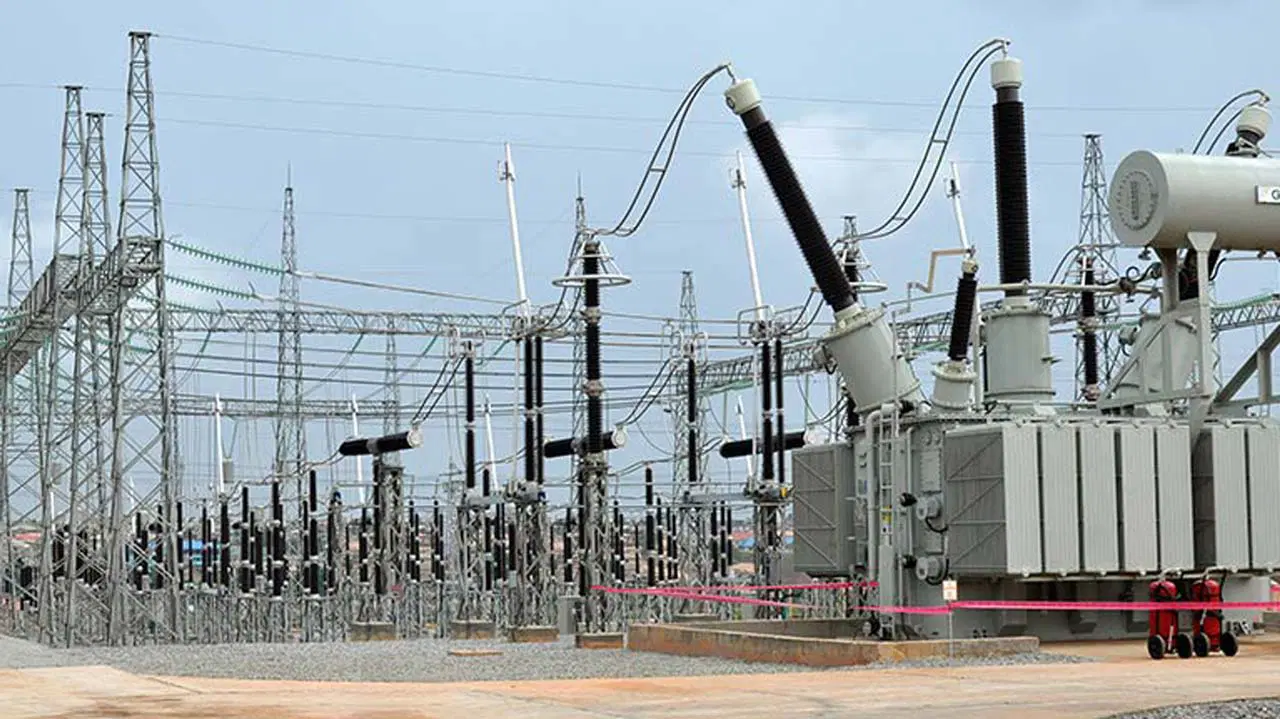Senator Natasha Akpoti-Uduaghan representing Kogi Central Senatorial District has described the mode of playing politics in Nigeria as extremely dangerous for women.
Speaking at the ECOWAS Female Parliament Association spotlight initiative titled: “Rethinking Women’s Proportional Representation in Governance: Case Study of Nigeria” on Monday, Sen Akpoti-Uduaghan highlighted the high cost of politics in Nigeria, which puts women at a disadvantage as most men are more financially stable than women in Nigeria.
“Politics is extremely dangerous in Nigeria. In Nigeria, you can’t be gentle as a woman. I honestly wish politics in Nigeria would not be so tough because when a woman who is born to nurture becomes too tough, it’s not good.
“I am so tough now that I rarely cry except maybe something totally touches my heart that I pushed myself. That is what violence teaches you, so I have to constantly tell myself, do not let your experiences change you because I don’t want to be like those who attacked me,” she said.
The Kogi lawmaker emphasised the financial aspect of politics, stating that running for office in Nigeria is expensive.
She also shared her motivation for joining politics, expressing her desire to bring democratic dividends to her people.
Narrating her political journey, she described her intentional move to join politics in 2018, the challenges she faced during elections, and her determination to serve her community.
Sen Akpoti-Uduaghan highlighted the need for a less financially burdensome electoral process and expressed her interest in studying the independent candidature system in Liberia as a potential solution.
She also touched on the personal sacrifices she made for her political career, including surviving accidents and enduring physical hardships while running for office.
In her speech, she addressed the challenges women face in Nigerian politics, including the loss of dignity and the cultural barriers they encounter.
She urged male leaders to be mindful of their words when addressing women in politics, adding that they should rather support and encourage women in their political endeavors.
Finally, she advised women to carefully craft their political agendas and be mindful of overpromising during their campaigns, sharing her own experiences and the toll it took on her health.
She also mentioned her collaboration with Senator Ireti Kingibe to present a bill for gender equity, focusing on 45 per cent women inclusion.
















 English (US) ·
English (US) ·